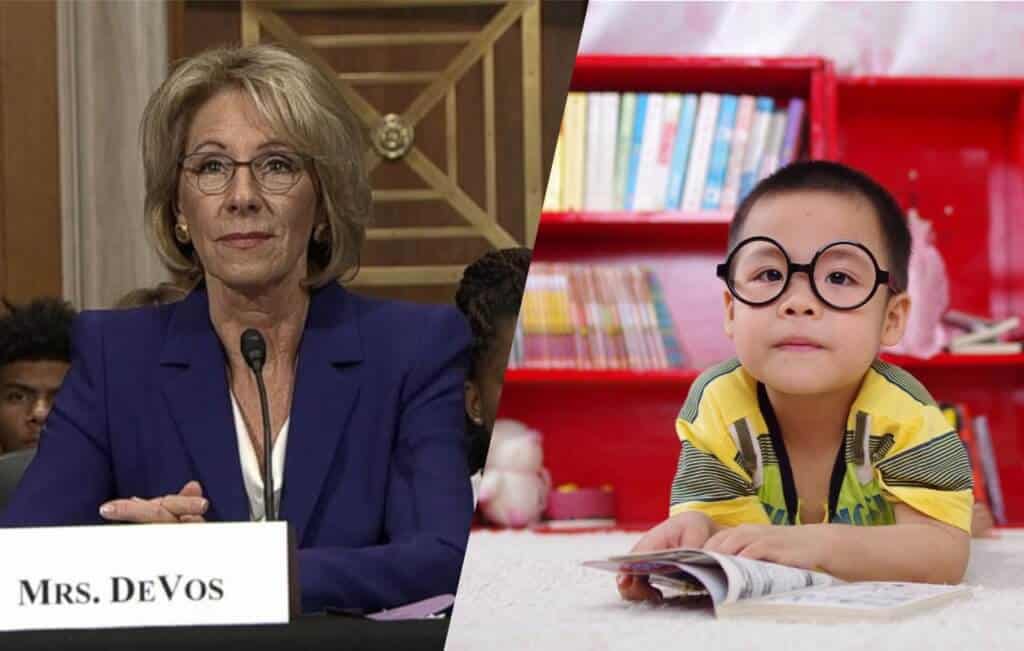DeVos Should Look to Homeschoolers for Fixing Public Schools (Which Cannot Succeed in Long-Run)

The new era of Education Secretary Betsy DeVos has already been full of surprises and controversies. If DeVos is indeed looking for innovative ways to reform the public school systems, she should look at homeschooling as a model for how public schools can be run more effectively.
Thomas Purifoy of Compass Classroom said that "Public education is the fount of most problems in the United States, not simply based on content, but also on structure. Simply put: it is economically impossible for American public education to be successful in the long-run."
"Education takes up approximately 15% of our nation's financial resources," points out economist Paul Cleveland. "It continually spends more and more money, centralizes more and more programs, and yet gets ever-diminishing results."
What can public schools learn from homeschools?
Decentralization is the means to educational success.
Homeschoolers with multiple children know that Child 1 may excel with one math curriculum, but Child 2 needs a curriculum that takes a slower approach, while Child 3 is a gifted learner who is doing algebra at age 8. By no means is this "easy" for the homeschool mom to accomplish, but it is possible.
This is consistently impossible for a public school to pull off. In fact, the class "level" will necessarily drift down to the lowest common denominator. This is the great and obvious disadvantage of Common Core -- it is the reverse of individualization.
Instead of centralizing, educational control needs to be pushed down to the lowest possible level. This means no more unions, smaller schools, and curriculum placed back into the hands of teachers. Schools would, in fact, need to compete. DeVos is now synonymous with "vouchers." This is the easiest way to implement such a system, although it is a concession to a faulty principle, since vouchers are just another form of redistribution of wealth.
How can it be that thousands of mothers across the country without education degrees, with little or no formal training, and with no prior teaching experience, can produce students that outperform the public schools every single year?
How is it possible to meet every child's unique needs?
The only answer is a free-market economy that independently adjusts to the demands and needs.
"Oh, but this could never work in practice."
WRONG.
The general public is not familiar with homeschool curriculum conventions. There is no better example of a free-market educational economy at work.
First off, there are entrepreneurial education curriculum providers who continually produce new and refined materials to sell to the homeschool market. They needed no government aid, subsidies, or involvement.
Then, there are homeschool moms. (Not being sexist, but the vast majority of homeschool teachers are middle-aged women.) These moms are not glib window-shopping consumers. They are usually frugal and have done extensive research. Furthermore, they are operating on minuscule budgets compared to the monetary allotment per public school student.
We know a free-market education system can work because there already is one.
Published on February 23, 2017 | Updated April 3, 2017





